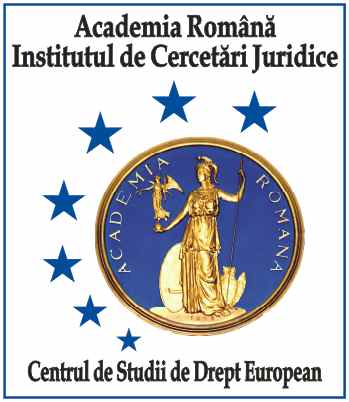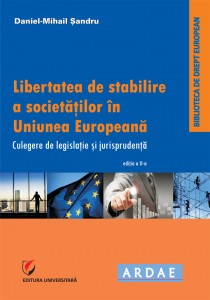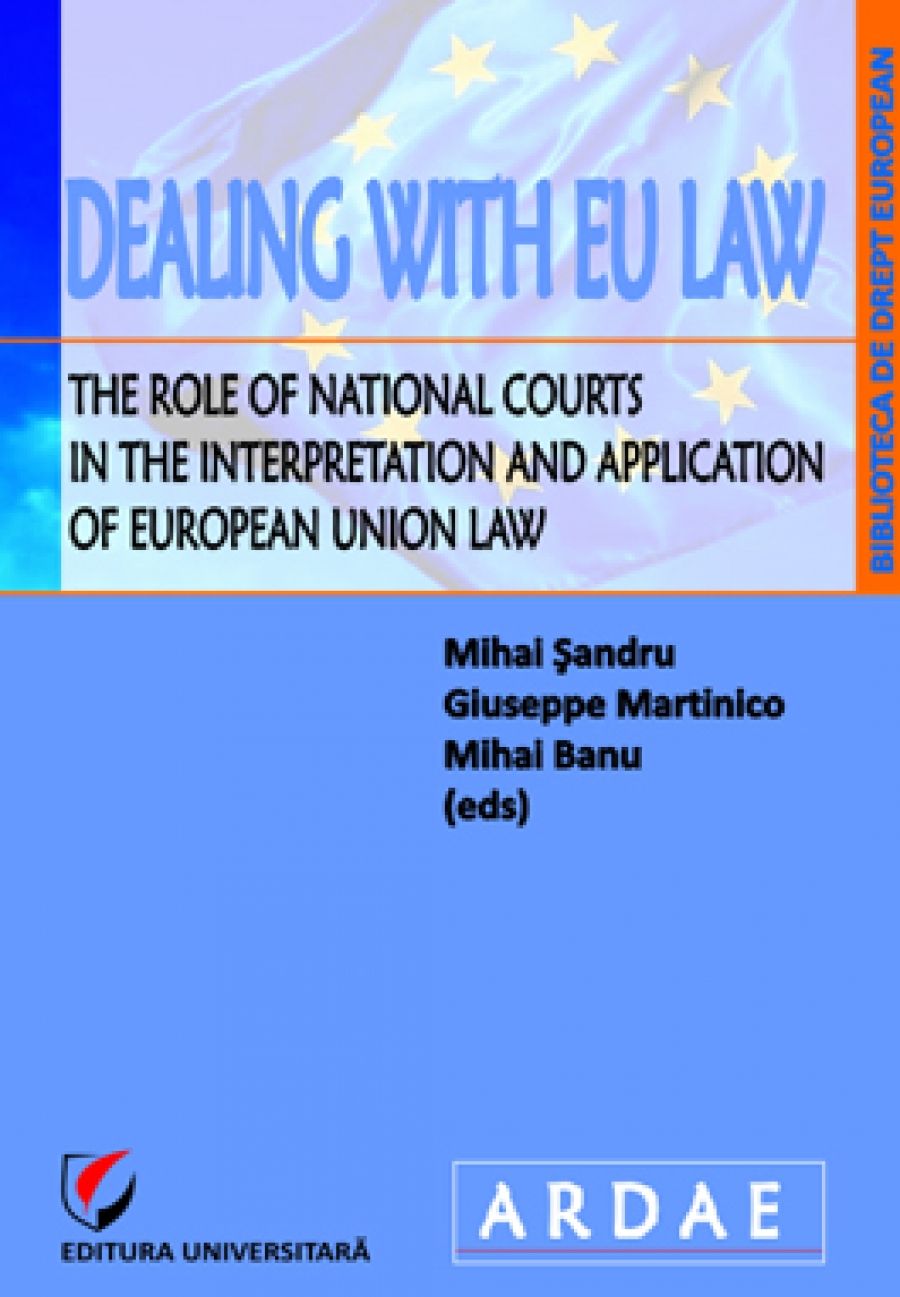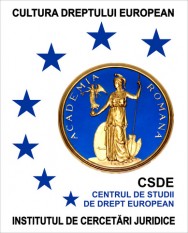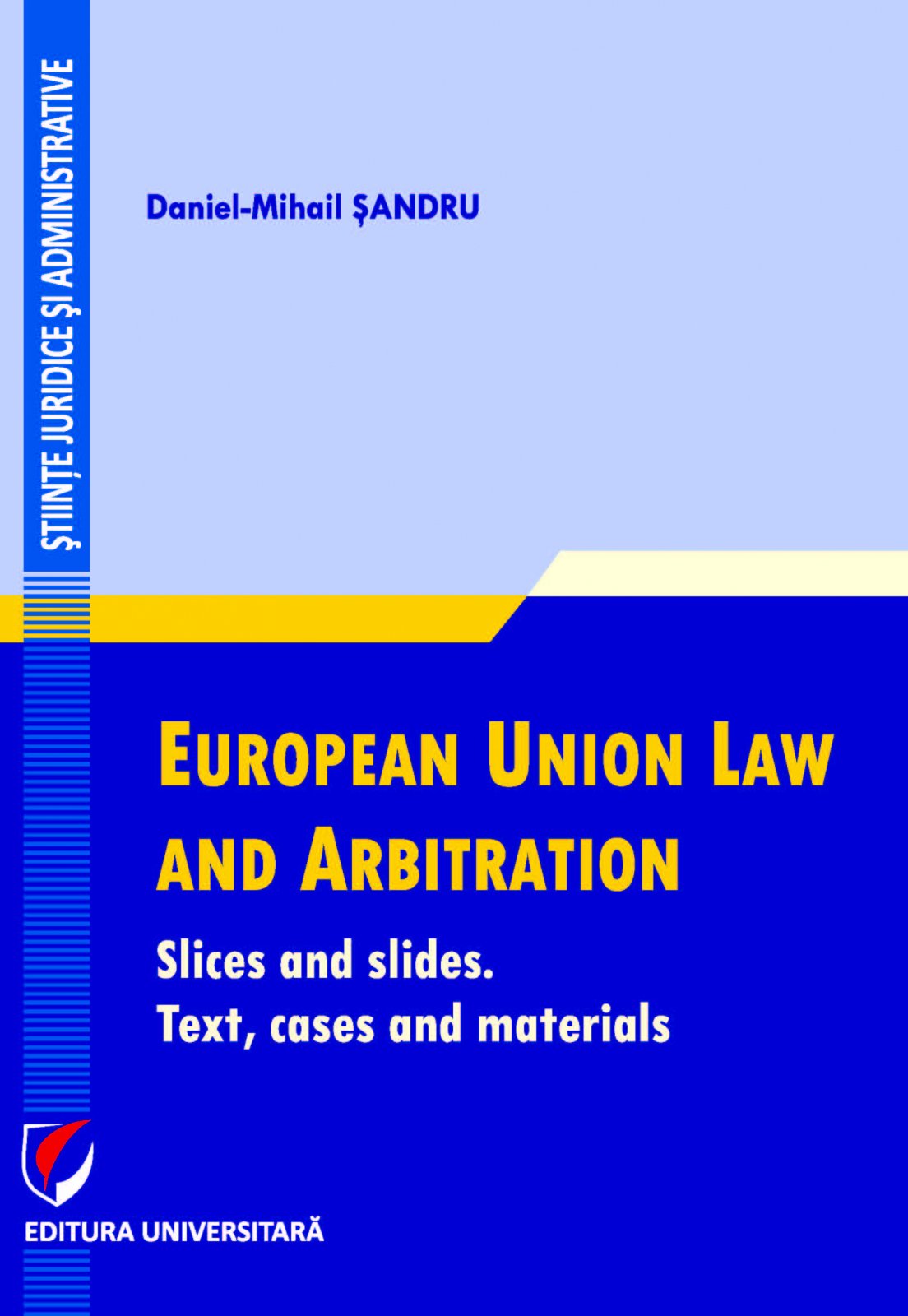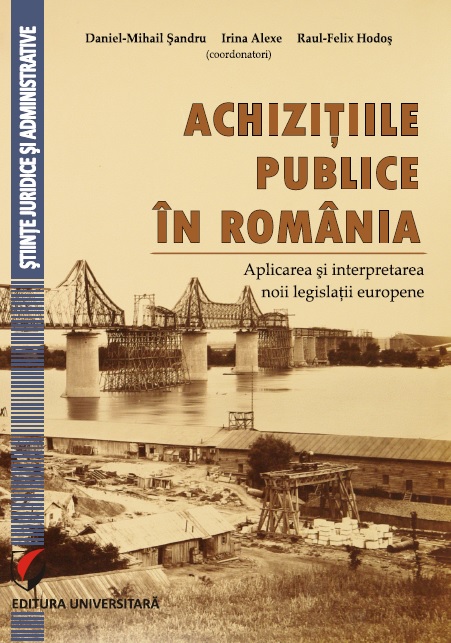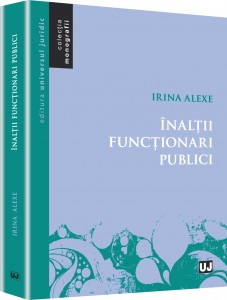Deirdre M. Curtin, Ige Dekker, The European Union from Maastricht to Lisbon. Institutional and Legal Unity Out of the Shadows (April 2010). Amsterdam Centre for Law and Governance Working Paper Series 2010-02. Available at SSRN
Abstract:
The EU was originally established in the Treaty of Maastricht in 1992 as a formal legal construct not entailing legal unity with the pre-existing EC. Almost 20 years later the Treaty of Lisbon explicitly ordains legal unity, thus catching up with legal and institutional practices, social reality and the perception of citizens and third states. This paper analyses the development of the legal system of the EU from the theoretical perspective of the institutional theory of law. We defend the thesis that already in the Treaty of Maastricht and its legal system an international organization with a unitary but complex legal character was established and has been subsequently operationalized in the institutional legal practices of the Union. We highlight in particular the unitary nature or otherwise of the political executive, both ‘frontstage’ and ‘backstage’. Here too there is a sense of the originally largely invisible becoming structurally more visible.









